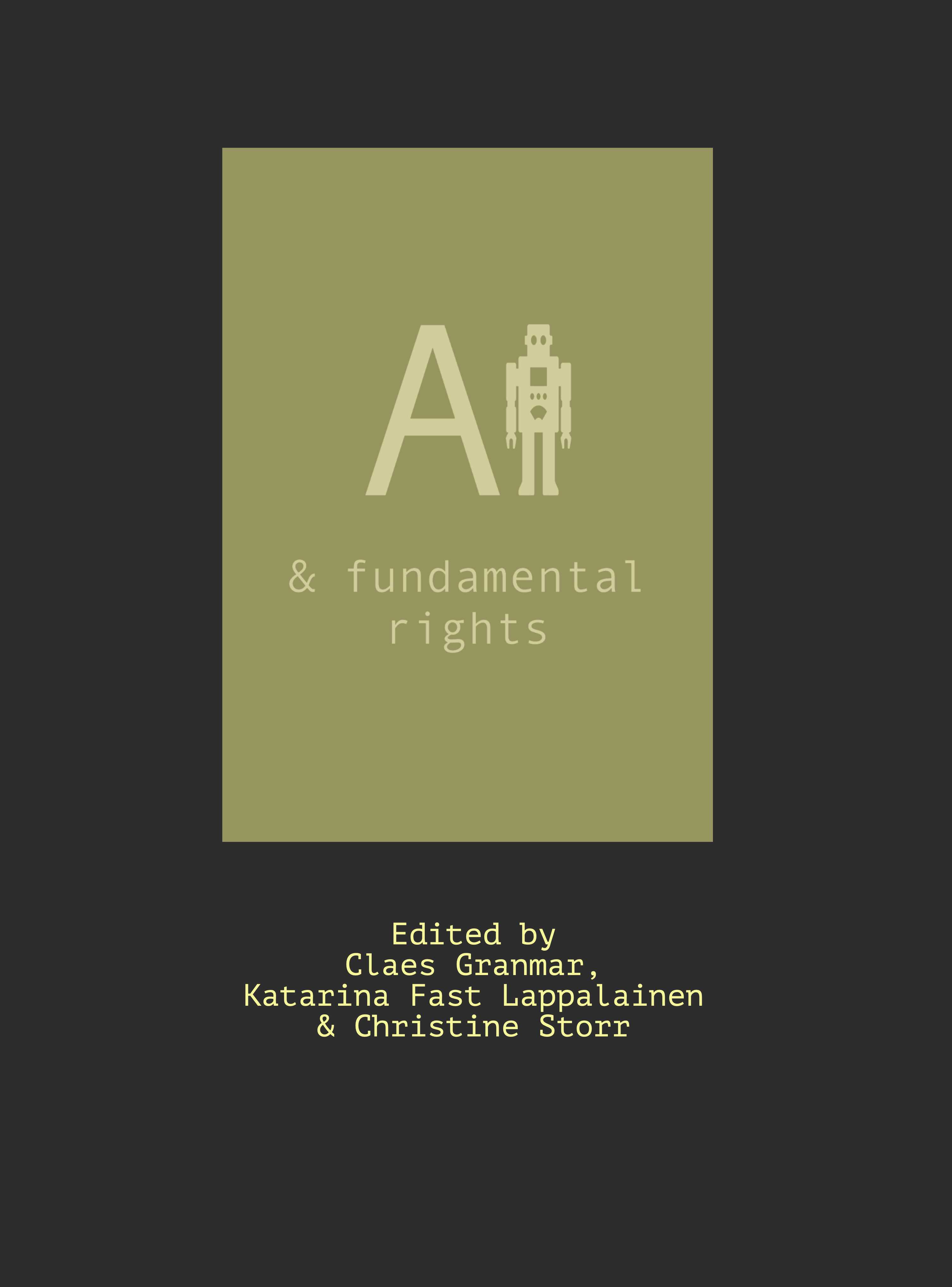| |
Pris: 421 SEK exkl. moms  |  AI & Fundamental Rights AI & Fundamental Rights
edited by Claes Granmar, Katarina Fast Lappalainen, Christine Storr
The development of artificial intelligence (AI) will change the world as we know it. Philosophers, ethicists and lawyers need to work together and make inquiries into the implication of AI in order to develop guidelines and normative frameworks for those who actually design systems that display intelligent behaviour in some sense. In that connection fundamental rights are of particular importance for the technological development. If AI shall serve mankind, it must abide by the basic legal standards for human beings.
In June 2018 experts in the fields of philosophy, ethics, legal-philosophy, European Union (EU) law, information technology (IT) law, intellectual property rights (IPR) law and social science met for an international and interdisciplinary workshop in Sweden at Stockholm University. At the end of the conference the participants agreed to benefit from the momentum generated at the workshop and compile the work in an anthology.
Table of content
- Artificial Intelligence and Fundamental Rights from a European Perspective - Claes Granmar
- Do Sentient AIs Have Rights? If So, What Kind? - Mark Kingwell
- Ownership of Personal Data in the Border Land of Protection of Property and Privacy - Katarina Fast Lappalainen & Christine Storr
- Copyright and Works of Non-Human Authorship: An Australian Perspective - Dilan Thampapillai
- Artificial Intelligence and EU Law: Balancing Risk, Innovation and Public Good - Monirul Azam
- Can an Algorithm be Explained? The Right to be Informed about Automated Decision-making - Liane Huttner
- Predictive Modelling, Scoring and Human Dignity - Stanley Greenstein
- Digital Citizenship and New Digital Rights - Isabella Lorenzoni
- The Automated State: AI applied to government - Aníbal Monasterio Astobiza
| | |
|
 AI & Fundamental Rights
AI & Fundamental Rights